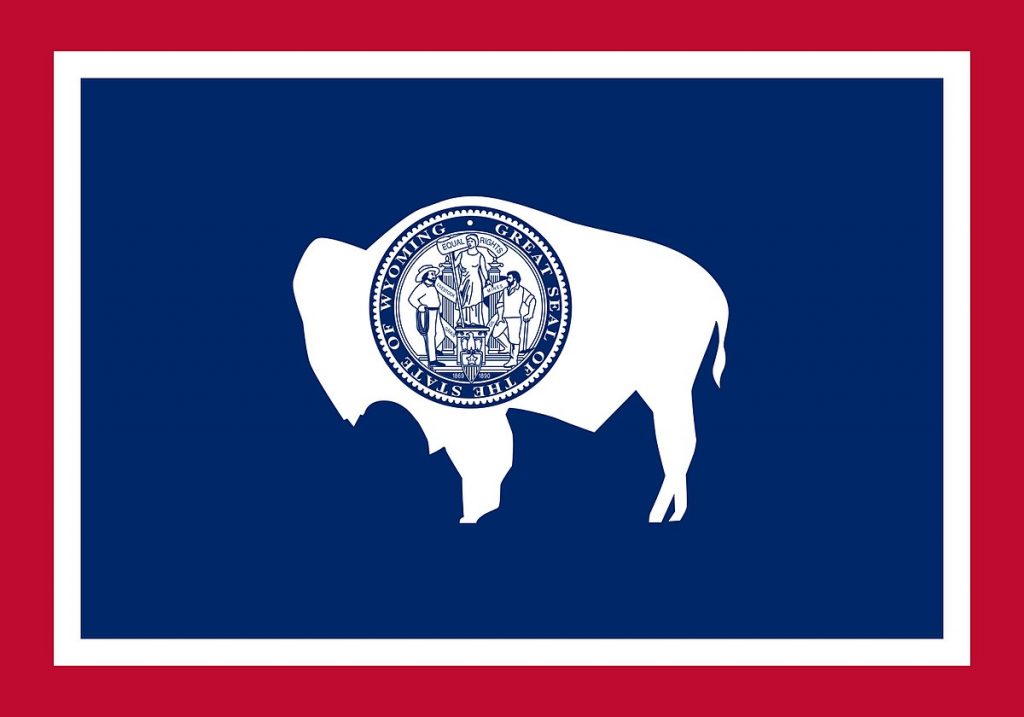CASPER, Wyo. (AP) — Three Wyoming lawmakers in Washington have proposed legislation to block the Biden administration from ordering a moratorium on new federal leases to energy companies.
Republican Sens. Cynthia Lummis and John Barrasso and Republican Rep. Liz Cheney introduced the three bills on Thursday in response to an executive order issued by President Joe Biden a day before, the Casper Star-Tribune reported.
Biden issued the order on Wednesday, directing the Interior Department to stop providing new federal leases to oil and gas companies to provide the agencies with time to conduct “a comprehensive review and reconsideration.”
The newly introduced proposals by Wyoming delegates would prohibit the president or leaders of the department of Interior, Agriculture and Energy from suspending mineral leasing and permitting on federal land and waters unless Congress issues a joint approval.
Cheney said Biden’s order would “endanger our economy and threaten our national security.” But her proposal would defend residents’ interest. The Safeguarding Oil and Gas Leasing and Permitting Act has attracted more than 20 co-sponsors in the House, and was endorsed by Gov. Mark Gordon.
Cheney also introduced the Safeguarding Coal Leasing Act to complement the proposed bill. Wyoming produces more coal than any other state in the country, but production has declined in response to decreasing demand. Biden’s executive order does not impose a moratorium on coal leasing. Lummis and Barrasso sponsored the Protecting our Wealth of Energy Resources Act, which would allow Congress to reiterate that federal lands should serve “the needs of all Americans,” Lummis said. The act has garnered support from more than 20 senators.
Biden’s orders have received strong criticism from the state because fossil fuel industries employ thousands of workers and drive most of the state’s economy. More than 50% of oil production and more than 90% of natural production in the state comes from federal minerals, officials said. The state heavily relies on oil and gas production for revenue to fund transportation, public education and infrastructure.
“Energy production on public lands is a critical source of revenue for our public schools, roads and bridges, water projects, and other essential services. It creates good-paying jobs and is the economic lifeblood of Wyoming,” Barrasso said.










